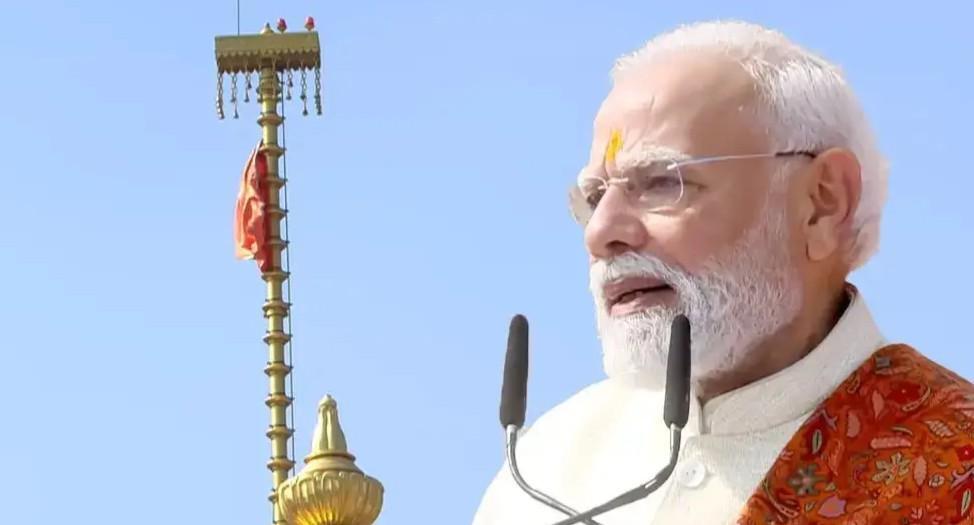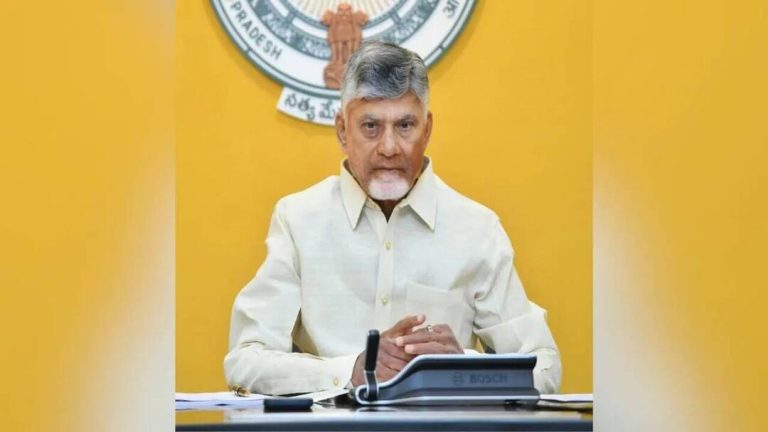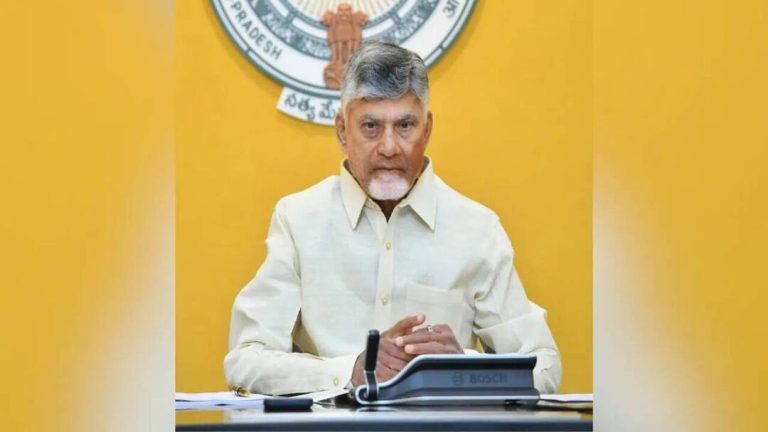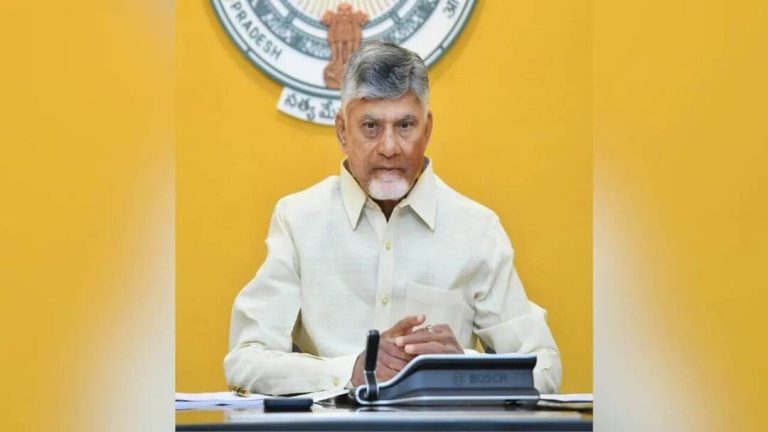
Our Ram unites through emotion, not division: PM at Ram Temple
In a speech that underscored the importance of unity and inclusivity, Prime Minister Narendra Modi addressed a gathering at the Ram Temple in Ayodhya, where he was attending a flag-hoisting ceremony. The event, which took place in the sacred city of Ayodhya, was a poignant reminder of the significance of Lord Ram in Indian culture and society. The Prime Minister’s words, however, went beyond the realm of spirituality and touched upon the broader themes of development, equality, and national progress.
“Our Ram unites through emotion, not division,” the Prime Minister said, emphasizing the importance of Lord Ram as a symbol of unity and harmony. These words, spoken in the context of the Ram Temple, took on a deeper significance, as they underscored the idea that the values embodied by Lord Ram – compassion, empathy, and selflessness – are essential for building a cohesive and inclusive society.
The Prime Minister’s speech also highlighted the government’s commitment to the welfare of all sections of society, particularly those who have been marginalized or disadvantaged. “With this thought, we have kept women, farmers, Dalits, backward classes, and tribals at the centre of development,” he added, emphasizing the need to prioritize the needs and aspirations of these groups. This approach, he suggested, is in line with the principles of Lord Ram, who is revered for his unwavering commitment to justice, equality, and the well-being of all people.
The Prime Minister’s reference to Lord Ram as a unifying force was particularly significant, given the complex and often contentious history surrounding the Ram Temple. For decades, the site of the temple has been a source of dispute and tension, with different communities holding competing claims and interests. However, by invoking the values and principles of Lord Ram, the Prime Minister sought to transcend these divisions and emphasize the shared cultural heritage that binds Indians together.
In this sense, the Prime Minister’s speech can be seen as an attempt to reclaim the narrative surrounding Lord Ram and the Ram Temple, shifting the focus from controversy and division to unity and inclusivity. By emphasizing the importance of Lord Ram as a symbol of national unity and harmony, the Prime Minister sought to create a sense of shared purpose and identity, one that transcends the boundaries of caste, creed, and community.
The Prime Minister also outlined his vision for India’s future, emphasizing the need for the country to become a developed nation by 2047. “If India is to become developed by the year 2047, we must walk the path shown by Ram,” he said, suggesting that the values and principles embodied by Lord Ram – honesty, integrity, and selflessness – are essential for building a prosperous and equitable society. This vision, he argued, is not just a moral imperative but also an economic and social necessity, as it would enable India to realize its full potential and become a major player on the global stage.
In conclusion, the Prime Minister’s speech at the Ram Temple was a powerful reminder of the importance of unity, inclusivity, and social cohesion in building a strong and prosperous nation. By invoking the values and principles of Lord Ram, the Prime Minister sought to create a sense of shared purpose and identity, one that transcends the boundaries of caste, creed, and community. As India continues to navigate the complexities of the 21st century, the Prime Minister’s words serve as a timely reminder of the need for empathy, compassion, and selflessness in building a better future for all.
News Source: https://x.com/PTI_News/status/1993214277654921477




